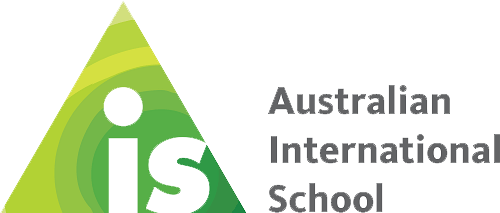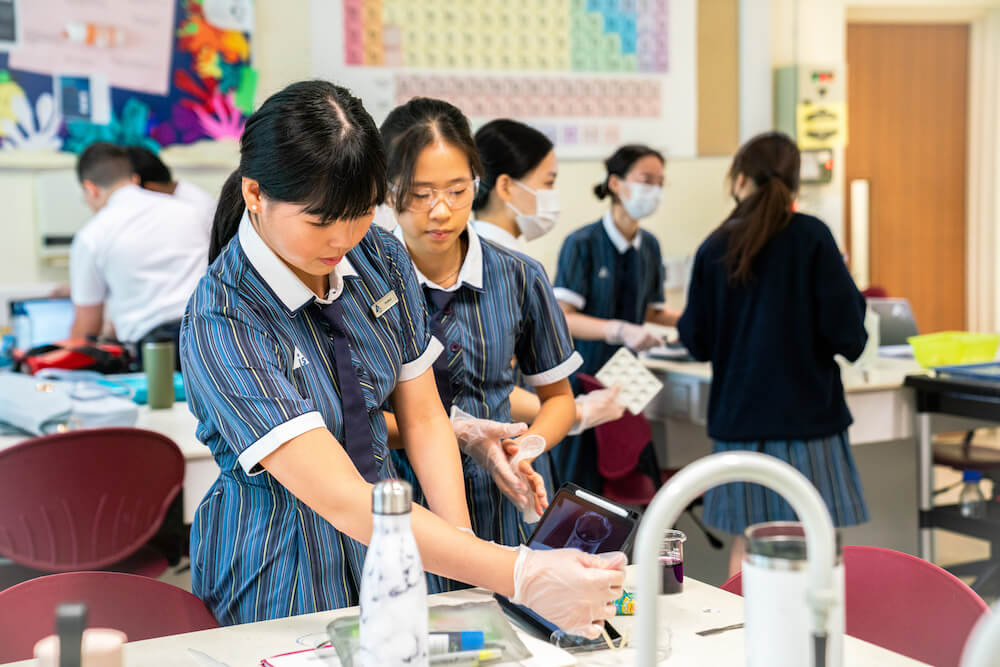International Baccalaureate vs Higher School Certificate (HSC): Which is the right fit for my child?
As a parent, choosing the right education program for your child can be a daunting task. With so many options available, it can be challenging to determine which one will best suit your child’s needs and help them achieve their academic goals. In this article, we’ll explore the difference between an International Baccalaureate (IB) and a Higher School Certificate (HSC), the features and benefits of each program, their curriculum structure, and how the Australian International School in Singapore can help parents choose the right fit for their child.
What is the difference between the International Baccalaureate and Higher School Certificate (HSC)?
International Baccalaureate (IB) and Higher School Certificate (HSC) are both popular education programs that prepare students for university and career success. However, they differ in several ways.
- Curriculum Structure
The IB Diploma Program is a two-year program that covers six subject groups, including Language and Literature, Language Acquisition, Individuals and Societies, Sciences, Mathematics, and The Arts (optional). The program also includes a core component, made up of Theory of Knowledge, the Extended Essay, and CAS (creativity, action, and service).
The Higher School Certificate is also a two year program that covers a range of subjects, including English, Mathematics, Sciences, and electives. However, rather than choosing one subject from each ‘group’, students can choose freely from all subjects (with the exception of English and Mathematics, which are compulsory). In the HSC, students can elect to specialise in the Maths and Sciences, or in the Arts and Humanities, or complete a pattern of study across the range of subject groups, as per the IB Diploma program.
- Assessment
IB students are assessed through a combination of internal and external assessments, including coursework, exams, and oral presentations. The program uses a grading system of 1 to 7 for each subject, with 7 being the highest possible score. Three bonus points are available for the core components, totalling the highest possible score of 45. The IB result converts to an ATAR for university entrance. IB results can be used to calculate an Australian Tertiary Admissions Rank (ATAR), which is used for entry to Australian and overseas universities. The IB score converts quite generously to an ATAR: the conversion rate can be found on this link. Note that the conversion applied is not determined by a students’ rank (as it is in the HSC – see below).
HSC students are also assessed through a combination of internal and external assessments, including coursework, exams and oral presentations. Final HSC results for each subject are made up of 50% internally-assessed work (moderated by the HSC board) and 50% externally-marked final examinations. HSC results are used to calculate an Australian Tertiary Admissions Rank (ATAR), which is used for entry to Australian and overseas universities. The ATAR is an indication of how each student performs in relation to their peers. As such, HSC students are ranked against each other.
- International Recognition
Both the IB Diploma and the HSC are recognised and respected by universities and employers worldwide. Students completing both programs of study at AIS go on to attend universities world wide.

How the Australian International School in Singapore can help students choose?
AIS Secondary School provide students with the opportunity to choose the program that best suits their academic goals and career aspirations. The school offers a comprehensive guidance program that helps students select the program that aligns with their strengths and interests. This includes a curriculum information evening, a series of subject ‘expos’, and parent/ teacher conferences.
The school’s careers counsellors work closely with students to understand their academic goals, interests, and learning styles, providing them with the support they need to make informed decisions. The counsellors also assist students in the university application process, ensuring they choose universities that best match their academic profile and career aspirations.
What are the features and benefits of the International Baccalaureate (IB)?
The International Baccalaureate (IB) is an educational program that is designed to provide students with a well-rounded and globally-focused education. Here are some of the features and benefits of the IB:
- International focus: The IB program has an international focus that encourages students to develop a global perspective. It teaches them about different cultures, languages, and ways of thinking, and prepares them for life in a globalised world.
- Rigorous curriculum: The IB program is a rigorous and challenging curriculum that is designed to prepare students for university-level study. It emphasizes critical thinking, problem-solving, and communication skills, and encourages students to think creatively and independently.
- Holistic approach: The IB program takes a holistic approach to education that emphasizes the development of the whole person. It focuses not only on academic achievement, but also on social, emotional, and physical development.
- Creativity, Activity, and Service (CAS) program: The IB program includes a Creativity, Activity, and Service (CAS) program that encourages students to engage in extracurricular activities and community service. This program helps students develop leadership skills, build self-confidence, and contribute to their communities.
- Global recognition: The IB program is recognized worldwide and is accepted by universities in many countries. It demonstrates that students have completed a rigorous and challenging program and are prepared for university-level study.
- Personal and academic growth: The IB program provides opportunities for personal and academic growth. It encourages students to reflect on their learning, set goals, and take ownership of their education. It also provides opportunities for students to explore their interests and passions.
Overall, the IB program is a rigorous and challenging curriculum that emphasises the development of the whole person. It provides students with a global perspective, prepares them for university-level study, and provides opportunities for personal and academic growth.
AIS students are enrolled in leading Universities around the world, read more about where our 2022 graduates are here.

What are the features and benefits of the Higher School Certificate (HSC)?
The Higher School Certificate (HSC) is an educational program that is designed to prepare students for tertiary education or the workforce. Here are some of the features and benefits of the HSC:
- Rigorous curriculum: The HSC is a rigorous and challenging curriculum that is designed to prepare students for university-level study. It emphasises critical thinking, problem-solving, and communication skills, and encourages students to think creatively and independently.
- Flexibility: The HSC is a flexible program that allows students to choose their own courses and electives. This means that they can create a program that suits their needs and interests. This may mean a broad range of subjects or a group of subjects that allow specialisation.
- The HSC offers Vocational Education subjects such as Hospitality and Construction for students looking to earn industry recognised certifications to help prepare for alternative future pathways.
- Personal and academic growth: The HSC program provides opportunities for personal and academic growth. It encourages students to reflect on their learning, set goals, and take ownership of their education. It also provides opportunities for students to explore their interests and passions.
- Global recognition: The HSC is a recognised qualification that is widely accepted by universities and employers. It demonstrates that students have successfully completed their secondary education and are ready to take on further study or enter the workforce. It prepares them for the academic rigours of tertiary education and provides them with the necessary skills to succeed.
Which is the right fit for your child?
Deciding whether the International Baccalaureate (IB) or the Higher School Certificate (HSC) is the right fit for your child can be a difficult decision. Here are some factors to consider:
- Academic strengths and interests: If your child is interested in a particular subject or has academic strengths in certain areas, that may influence your decision. The IB program has a broader curriculum that includes subjects such as Theory of Knowledge and Creativity, Activity, and Service (CAS), while the HSC program has a more specialised focus.
- University goals: If your child has specific goals for university, such as attending a particular university or studying a particular subject, research whether that university or subject area prefers one program over the other.
- Personal goals and interests: Consider your child’s personal goals and interests when making this decision. The IB program emphasises personal growth and development, while the HSC program may be more focused on academic achievement.
- Location: If you live in a country where one program is more widely recognised or accepted than the other, that may influence your decision.
Ultimately, the right fit for your child will depend on their individual needs, interests, and goals. It may be helpful to speak with educators, university admissions officers, and other parents to gain a better understanding of the differences between the two programs and how they may impact your child’s education and future goals.
Contact us
Are you struggling to decide between the HSC or IB program for your child? Contact the Australian International School here, and let us help you make the right choice.






